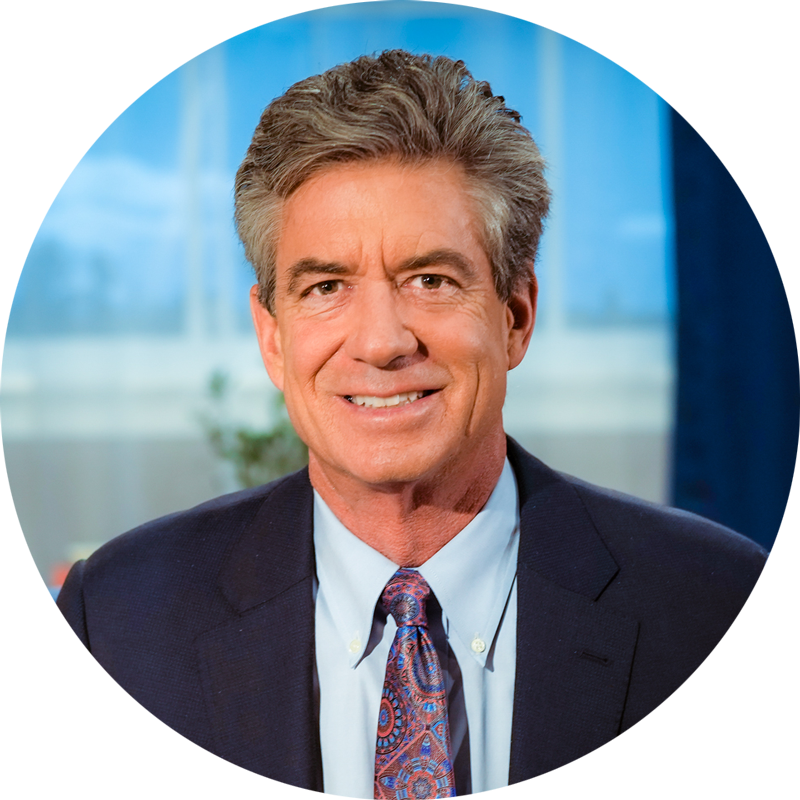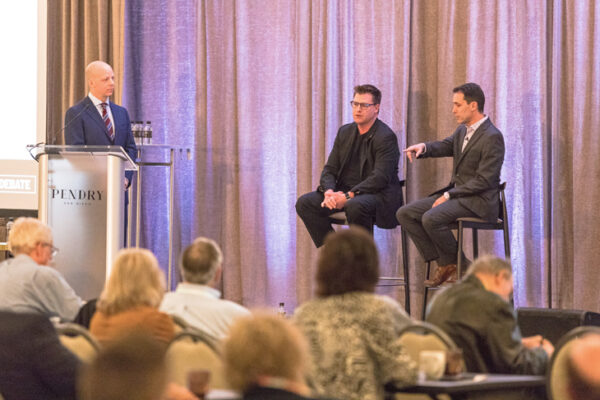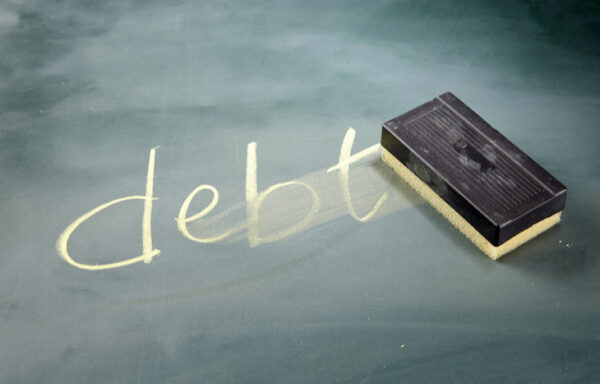How to Achieve Greater Equality… at the Cost of Prosperity
- Some economists and politicians have advocated adopting the “European model” in the U.S.
- But, as Alexander Green explains, that will provide greater equality for some at the expense of building wealth for many.
In his stand-up routine, comedian George Carlin used to joke that with so many doctors around the world, one of them had to be the absolute worst.
“The scariest part,” he said, “is that someone has an appointment with him tomorrow.”
Here’s a corollary. Somewhere out there is the world’s worst economic forecaster.
And the scary part? Millions read him in The New York Times each week… and agree with his conclusions.
I’m referring, of course, to Paul Krugman, a man with a long history of making pronouncements that are utterly, gloriously, spectacularly wrong.
Two decades ago, for example, he predicted, “The growth of the Internet will slow drastically… By 2005 or so, it will become clear that the Internet’s impact on the economy has been no greater than the fax machine’s.”
More recently, he predicted a total financial collapse if Donald Trump won the presidency, then posted this gem on election night 2016: “It really does now look like Donald J. Trump, and markets are plunging. When might we expect them to recover? A first-pass answer is never… We are very probably looking at a global recession, with no end in sight.”
We are in the midst of the longest economic expansion in U.S. history.
Unemployment is at a half-century low. Wages are up. U.S. household income and net worth are at record highs. And so is the Dow, which has tacked on nearly 10,000 points since the 2016 election.
Yet Krugman doubled down one year ago, declaring, “The Trump boom, such as it was, is over.”
I immediately shared his comments in a note to subscribers, pointing out, “As contrarian indicators go, this is one of the best. Stay long.”
A year later, the U.S. economy is still chugging and the S&P 500 is up 27% year to date.
(When I think of Krugman, I’m reminded of William H. Macy’s character in the film The Cooler. His mere presence at the table is enough to generate a streak of bad luck.)
How does he continually get the economic picture so wrong?
Krugman is a longtime advocate of the “European model.” He argues passionately for higher social spending, sky-high taxes, heavy-handed business regulation and massive intervention in the economy by government technocrats who think exactly like he does.
And he doesn’t suffer criticism gladly.
In a recent column, he claimed, “Going on about how terrible things are in France is a sure sign that you have no idea what you’re talking about.”
This is a regular Krugman trope. If you disagree with him, you aren’t just wrong. You’re ignorant.
So let’s take a dispassionate look at the French economy.
For starters, it is almost completely stagnant. The country’s annual growth rate has hardly exceeded 1% since the 21st century began.
In 2018, French GDP growth was 63% less than U.S. GDP growth.
French unemployment is currently 8.5% compared with 3.6% in the U.S. This is nothing new. The rate has hovered between 8% and 10% for more than a decade – and has not been below 7% since 1983.
Youth unemployment in France is even worse, topping 11%.
France has one of the highest overall tax takes in Europe at 47%. Much of this is borne by the middle class in the form of both sales (VAT) and income taxes.
When the government passed a wealth tax a few years ago, many wealthy individuals simply left the country, taking their investment capital with them.
The law was quickly repealed.
If you’re a saver or an income investor, France is not a good place to be. It has negative interest rates.
Put your money in a bank or government bonds and your reward is that you’ll get back even less than you put in.
If you’re a growth investor, things are even worse. France is not a business-friendly environment.
That has real-world consequences.
For example, you may have seen hundreds of thousands of yellow-jacketed French citizens in the streets last year to protest a gasoline tax that amounted to just a few cents a gallon.
Why? The median monthly take-home pay in France is just $1,930. (In other words, half the country’s workers make even less.)
That’s one reason French workers strike at the drop of a hat, walking off the job 125 times more frequently than Swiss workers.
It’s not just French incomes that are lower. Average household net wealth is 125% higher in the U.S. than in France.
The CAC 40 – the French equivalent of our Dow 30 – is not just lower than it was before the financial crisis began in 2008. It is 16% lower than it was in 2000, two decades ago.
Imagine trying to reach your financial goals with negative interest rates and multidecade negative stock market returns.
Don’t get me wrong. France is one of my favorite places to visit. I love the culture, the food, the wine, the cafés, the music, the language and the people.
(I’m leading an Oxford Club trip to Normandy and Paris in May.)
But let’s be honest. The French economy is not well.
Worse, the country is becoming ungovernable. It badly needs market and pension reforms to become more competitive, but workers – now dependent on government largesse – simply won’t stand for them.
So let’s do a bit of summing up.
The French economy has been stagnant for decades. Unemployment hasn’t dipped below 7% in 37 years. Taxes there are among the highest in Europe. Household income and wealth are much lower than here. Interest rates are negative – and so are long-term stock market returns.
These are not opinions. These are facts, recognized worldwide and fully understood by economists and opinion shapers like Paul Krugman.
So why would he say, “Going on about how terrible things are in France is a sure sign that you have no idea what you’re talking about”?
Because – and this is the key point – this is really a clash in values.
Some people are more than willing to sacrifice greater freedom and prosperity for greater equality.
Let’s hope that doesn’t become the dominant mindset here.
Not only for the sake of your job, your income and your investment portfolio, but for the sake of the country.
As Winston Churchill famously said, “The inherent vice of capitalism is the unequal sharing of blessings; the inherent virtue of socialism is the equal sharing of miseries.”
[adzerk-get-ad zone="245143" size="4"]About Alexander Green
Alexander Green is the Chief Investment Strategist of The Oxford Club, the world’s largest financial fellowship. For 16 years, Alex worked as an investment advisor, research analyst and portfolio manager on Wall Street. After developing his extensive knowledge and achieving financial independence, he retired at the age of 43.
Since then, he has been living “the second half of his life.” He runs The Oxford Communiqué, one of the most highly regarded publications in the industry. He also operates three fast-paced trading services: The Momentum Alert, The Insider Alert and Oxford Microcap Trader. In addition, he writes for Liberty Through Wealth, a free daily e-letter focused on financial freedom.
Alex is also the author of four New York Times bestselling books: The Gone Fishin’ Portfolio: Get Wise, Get Wealthy… and Get On With Your Life; The Secret of Shelter Island: Money and What Matters; Beyond Wealth: The Road Map to a Rich Life; and An Embarrassment of Riches: Tapping Into the World’s Greatest Legacy of Wealth.






